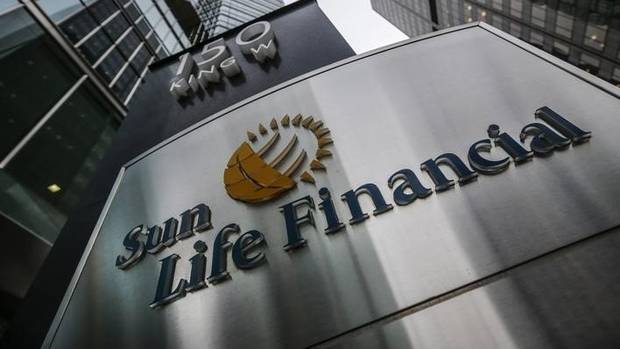by Russ Koesterich, CFA, Portfolio Manager, Blackrock
Russ explains why Chinese equities should still be a core holding.
COVID 19 is first and foremost a health crisis, but it is fast becoming intertwined with long-standing political disputes. Most recently the focus has shifted to China, and the potential for an imposition, or re-imposition, of tariffs. But while China continues to be more exposed to political winds than other parts of investment universe, Chinese equities are still worth holding.
I last discussed China in January. At the time I suggested that Chinese shares looked cheap, relative to both global equities and other emerging markets. In an absolute sense, the call was, to say the least, ill-timed. But while China was initially the epicenter of the crisis, in recent months Chinese equities have beaten global equity benchmarks. On a three-month basis the S&P 500 Index is down nearly 15%. In contrast, Chinese domestically listed stocks and Hong Kong listed H-Shares are down 6% and 7.5% respectively. While Chinese equites are now at risk given renewed tensions, if today’s rhetoric proves to be just that Chinese equities look interesting. Here are three reasons.
Profitability
Last year’s preference for quality has only increased. This is not surprising given that a significant portion of companies will be lucky to survive the crisis, let alone turn a profit. In this environment it is worth highlighting that Chinese companies are increasingly among the most profitable in the world. My colleague Isabelle Liu just completed an analysis of global companies ranked by profitability, defined as return-on-invested-capital (ROIC) minus weighted average cost-of-capital (WACC). China now ranks second to the U.S. (see Chart 1)
Stocks are reasonably priced
U.S. stocks may score higher on profitability than their Chinese counterparts, but they are also much more expensive. Chinese equities trading on the Shanghai exchange are valued at roughly 11x FY1 earnings. Companies listed on Hong Kong’s exchange are trading at slightly above 8x earnings.
First-in-first-out
As China was the first country to be devastated by the virus, it is also the first to start to recover. While investors should always be a bit skeptical of Chinese economic data, there are credible signs that their economy is slowly beginning to improve. Currently China is about the only place in the world where manufacturing surveys are positive, indicating a tepid expansion.
On the brink, or a war-of-words?
The obvious caveat to the above is, as it has been for most of the past 2 ½ years, politics. What was originally a trade dispute with the United States has metastasized into a broader strategic conflict, a conflict now inflamed by questions around China’s handling of the early stages of the crisis. Should tensions mount, which is not difficult to imagine in an election year, Chinese stocks are vulnerable. However, if the recent rhetoric out of Washington turns out to be mostly election year posturing, investors should give Chinese equities another look.
Russ Koesterich, CFA, is a Portfolio Manager for BlackRock’s Global Allocation Fund and is a regular contributor to The Blog.
Investing involves risks, including possible loss of principal.
International investing involves risks, including risks related to foreign currency, limited liquidity, less government regulation and the possibility of substantial volatility due to adverse political, economic or other developments. These risks often are heightened for investments in emerging/developing markets or in concentrations of single countries.
This material is not intended to be relied upon as a forecast, research or investment advice, and is not a recommendation, offer or solicitation to buy or sell any securities or to adopt any investment strategy. The opinions expressed are as of May 2020 and may change as subsequent conditions vary. The information and opinions contained in this post are derived from proprietary and non-proprietary sources deemed by BlackRock to be reliable, are not necessarily all-inclusive and are not guaranteed as to accuracy. As such, no warranty of accuracy or reliability is given and no responsibility arising in any other way for errors and omissions (including responsibility to any person by reason of negligence) is accepted by BlackRock, its officers, employees or agents. This post may contain “forward-looking” information that is not purely historical in nature. Such information may include, among other things, projections and forecasts. There is no guarantee that any forecasts made will come to pass. Reliance upon information in this post is at the sole discretion of the reader. Past performance is no guarantee of future results. Index performance is shown for illustrative purposes only. You cannot invest directly in an index.
©2020 BlackRock, Inc. All rights reserved. BLACKROCK is a registered trademark of BlackRock, Inc., or its subsidiaries in the United States and elsewhere. All other marks are the property of their respective owners.
USRMH0520U-1179177-2/2
This post was first published at the official blog of Blackrock.













